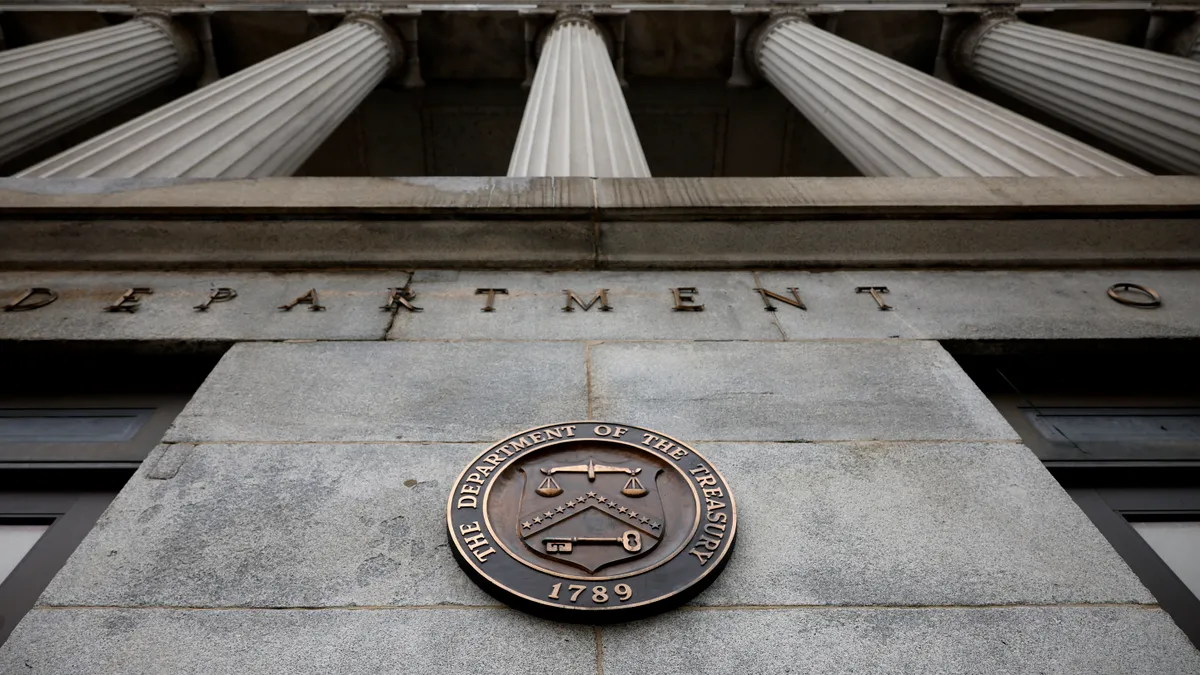Dive Brief:
- The U.S. Department of the Treasury is developing a national strategy for financial inclusion, according to its open call for public comment last December.
- The Treasury Department is determining the possible metrics for financial inclusion, such as access to digital payments, bank account balances, credit products and other services, the agency said. The department aims to evaluate financial inclusion by measures such as tallying the number of consumers’ total digital payments.
- In its call for public comment, which closed on Feb. 20, the department sought to hear from individuals and organizations on “opportunities to advance financial inclusion through policy, government programs, financial products and services, technology, and other tools and infrastructure.”
Dive Insight:
The Financial Technology Association expressed support for the Treasury Department’s efforts and shared the comment letter it sent to the agency, the trade group said in a press release last week. In its letter, the FTA highlighted the efforts other countries have made to improve their fintech sectors, including paving the way for competition between legacy and new fintech firms.
“Nearly one in five Americans remains unbanked or underbanked. The cost of this exclusion from the mainstream financial system is staggering, with these Americans shouldering a disproportionate share of the billions spent on fees and interest,” FTA President and CEO Penny Lee said in a statement. “When people can access affordable, transparent financial tools, they can improve their financial health and well-being, enabling broader growth, driving a competitive economy, and providing choice to more consumers and businesses.”
Meanwhile, other agencies are examining the financial inclusion issue. The Federal Reserve Bank of Atlanta released its study on digital payments inclusion in December. The study found that cash-dependent consumers are excluded from the benefits of having debit and credit cards.
The Florida state legislature is considering a bill that could require companies to accept cash payments to buy tangible goods or services. The bill also prevents sellers from applying additional fees or conditions to accept cash. There’s also legislation pending at the federal level: Last June, Congress members revived prior proposals by introducing legislation in the House and Senate to block businesses from declining cash for in-person retail purchases.












